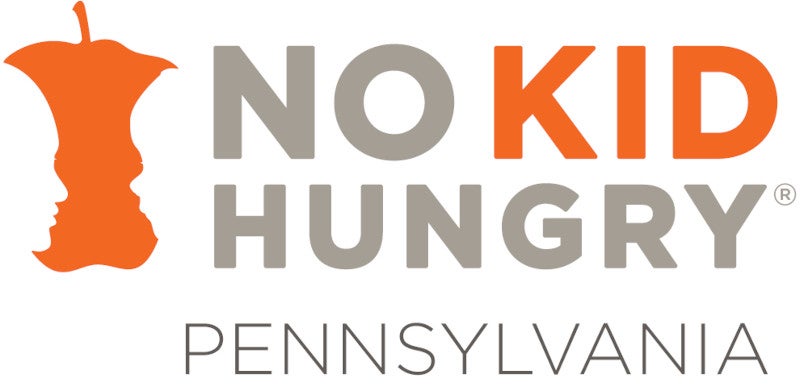We know that there have been many questions on how to ensure that children have the nutrition they need during school closures related to COVID-19. The first step is making sure that child nutrition program operators have the flexibility to serve meals outside of the group or “congregate” settings usually required. We applaud Secretary Perdue and the US Department of Agriculture for taking that first step by announcing proactive flexibilities on Tuesday. The “presumptive yes” to requests for waivers from the congregate meal requirement, as indicated in Secretary Perdue’s remarks to Congress, will be helpful in supporting states, schools, and community organizations as they make plans for responding to school closures triggered by COVID-19. This will help program operators to meet the needs of students while minimizing community spread of the coronavirus.
We encourage all state agencies to submit a waiver request to the USDA in order to receive approval for non-congregate meal service through the Summer Food Service Program (SFSP) and Seamless Summer Option (SSO) and to work with school food authorities and sponsors on implementation of the waiver. This will help ensure that timely, effective and efficient measures are taken to support affected communities. We also encourage state agencies to consider and submit requests for waivers from other requirements, as appropriate, such as meal pattern and program or area eligibility requirements.
School food authorities and SFSP sponsoring organizations should begin working on proactive plans in light of this flexibility. For example:
- Proactively communicate with your state agency regarding your interest in providing non-congregate meal service during school closures in order to coordinate plans and discuss procedures for implementation should a closure occur.
- Identify eligible sites:
- For the time being, the ability to serve meals during school closures through the SFSP or SSO is limited to site locations in areas where at least half of the students are eligible for free or reduced-price school meals according to school or census data.
- To see whether a location is area-eligible for the SFSP according to the USDA’s guidance on using census data, us No Kid Hungry’s Averaged Area Eligibility Map.
- We will continue to advocate for flexibilities that would allow for non-congregate meal service at schools and sites that are not area eligible.
- Establish operations and options for meal delivery or pick-up, such as “Grab-N-Go” meals.
- Develop a plan for communicating information about meal sites and procedures to children and families.
We stand ready to support partners in implementing these measures. Please let us know how we can be of assistance to you during this time. We will also continue to advocate for additional measures to support children and families who are affected by the coronavirus. We know that USDA needs additional flexibility and authority from Congress to meet the needs of children in low-income families who live outside of areas that are currently eligible, and we are advocating for that flexibility as well as enhanced SNAP benefits, a key tool to support families suffering due to the ongoing economic consequences.
Share Our Strength is an organization committed to ending hunger and poverty in the United States and abroad. Through our No Kid Hungry campaign, we help end hunger and food insecurity in America by connecting children and families to the federal nutrition programs for which they are eligible.


